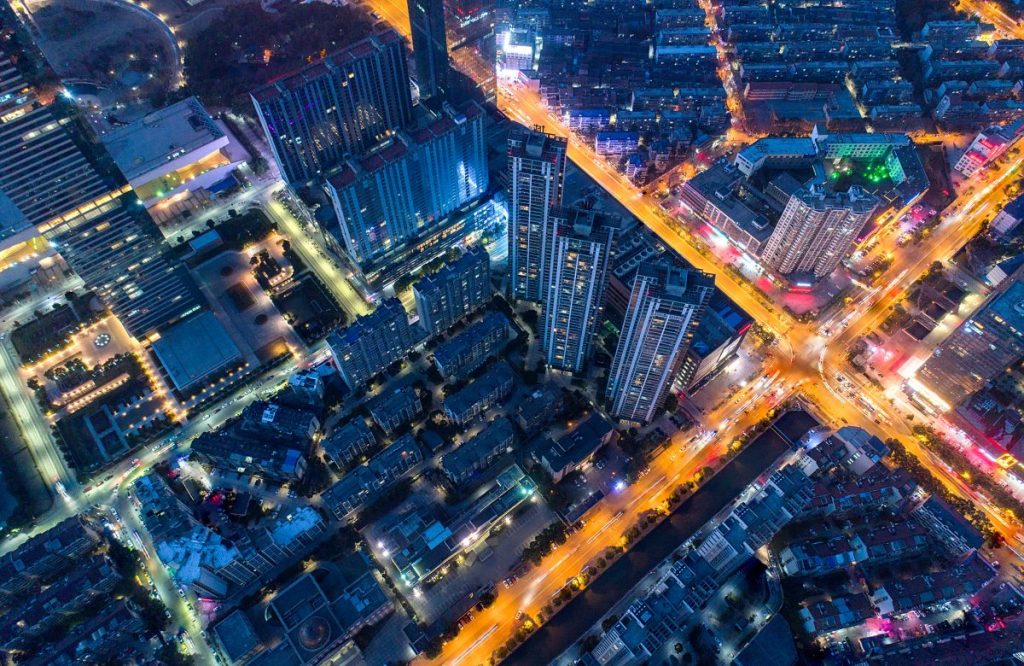Weekly Market Update: Look it’s China
Mon 18 Oct 2021
Market Update
Equities in most major markets posted gains last week with global stocks up +1.1% in Sterling terms, amid some improved economic figures. US stocks were up +0.8% as the earnings season kicked off strongly with major banks beating earnings expectations. EU stocks were up +1.6% despite a contraction in the industrial sector while UK stocks were up +2.0% amid strong macroeconomic data showing output growth during August. Globally, almost all sectors posted gains with cyclicals outperforming relatively versus more defensive stocks. The US 10Y Treasury yield was up 3.8bps finishing the week at 1.574%, while the UK 10Y yield was up 5.6bps reaching 1.105%. Sterling rose by +1.0% against the US Dollar. In USD terms gold pulled back by -0.4%, while oil was up by +2.5% reaching $82 per barrel.
CIO Analysis
Stocks rebounded last week, as another earnings season got off on sound footing, with US banks reporting better than expected profits. Yet investors have their attention fixed on persisting supply chain disruptions and climbing energy prices. While some US data over the week sparked a debate that we may have seen the climax of this phenomenon, the bird’s eye view is that global supply chains are still in disarray and businesses should prepare for the continuation of that phenomenon well into the coming year.
Many businesses are looking at high vaccination and low mortality rates in western economies as a sign that the worst of the pandemic might be behind us. While it is true that western consumer demand and confidence is broadly rebounding, the issues plaguing supply chains are still significant.
For one, vaccination rates in Asia, home to two thirds of the world’s population and 40% of global exports, are still at 39%, well below the 65% threshold scientists assume is needed to stave off the Delta variant.
The bigger issue, however, is China. Since the early 1990s, the country’s rise has been concomitant with globalisation.
By itself China accounts for 15% of global trade and constitutes the top trading partner for most major global economies.
Chinese economic stability, however, is being hamstrung by the twin headwinds of deglobalisation, exacerbated by the pandemic, and the Party’s determination to remain the dominant force shaping the economy.
Historically, for most economies, there has always been an inflection point, where the progress of businesses transforms them to a natural powerbroker within their countries. For Britain, the first liberal economy, it was the rise of the East India Company, which alone accounted for one half of global trade in the sixteenth century. For the US, it was the rise of business titans like Rockefeller, Carnegie and JP Morgan in the late nineteenth century. For Europe, it has been the economic forces unleashed from the reunification of Germany in the 1990s. Conversely, Russia’s ascent of business was interrupted in the early 2000s when Vladimir Putin asserted the power of the Kremlin over that of the rising economic magnates.
China is now at a similar crossroads. Last year’s revolts in Hong Kong and the prominence of Jack Ma’s Ant Group were a watershed moment, prompting a nearly unprecedented cross-industry reform push to ensure that thriving businesses remain part of an overall growth plan, rather than risk them pulling that plan in another direction. Along with the disruptions caused by the pandemic, these convulsions are taking a toll on the world’s second-largest economy and by extension on all its trading partners. How long will they last? It would be hard to imagine the end of such an extensive regulation drive before mid-2022. Where investors are looking at vaccination levels and western demand to ascertain the return of supply chain and energy price normality, they are looking at only part of a picture. The Chinese power and economic rebalancing is the other part. The rate of its progress and whether this will lead to more stability or further instability will have broad repercussions for all economies around the globe.
David Baker, CIO



















Comments